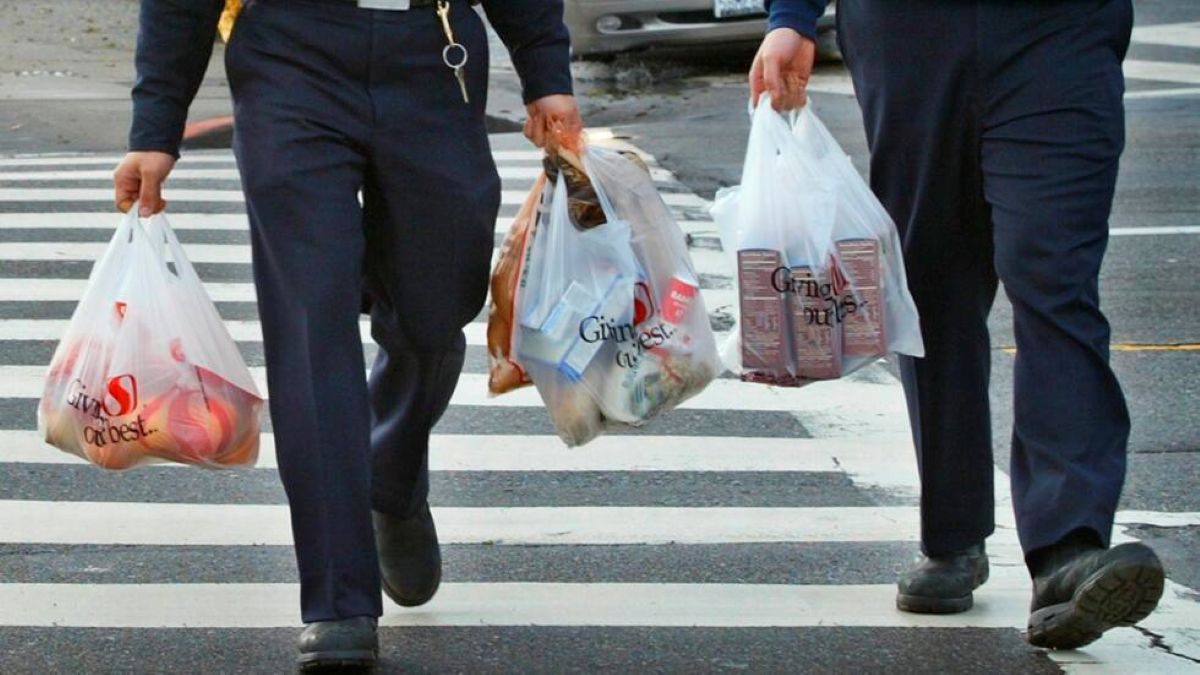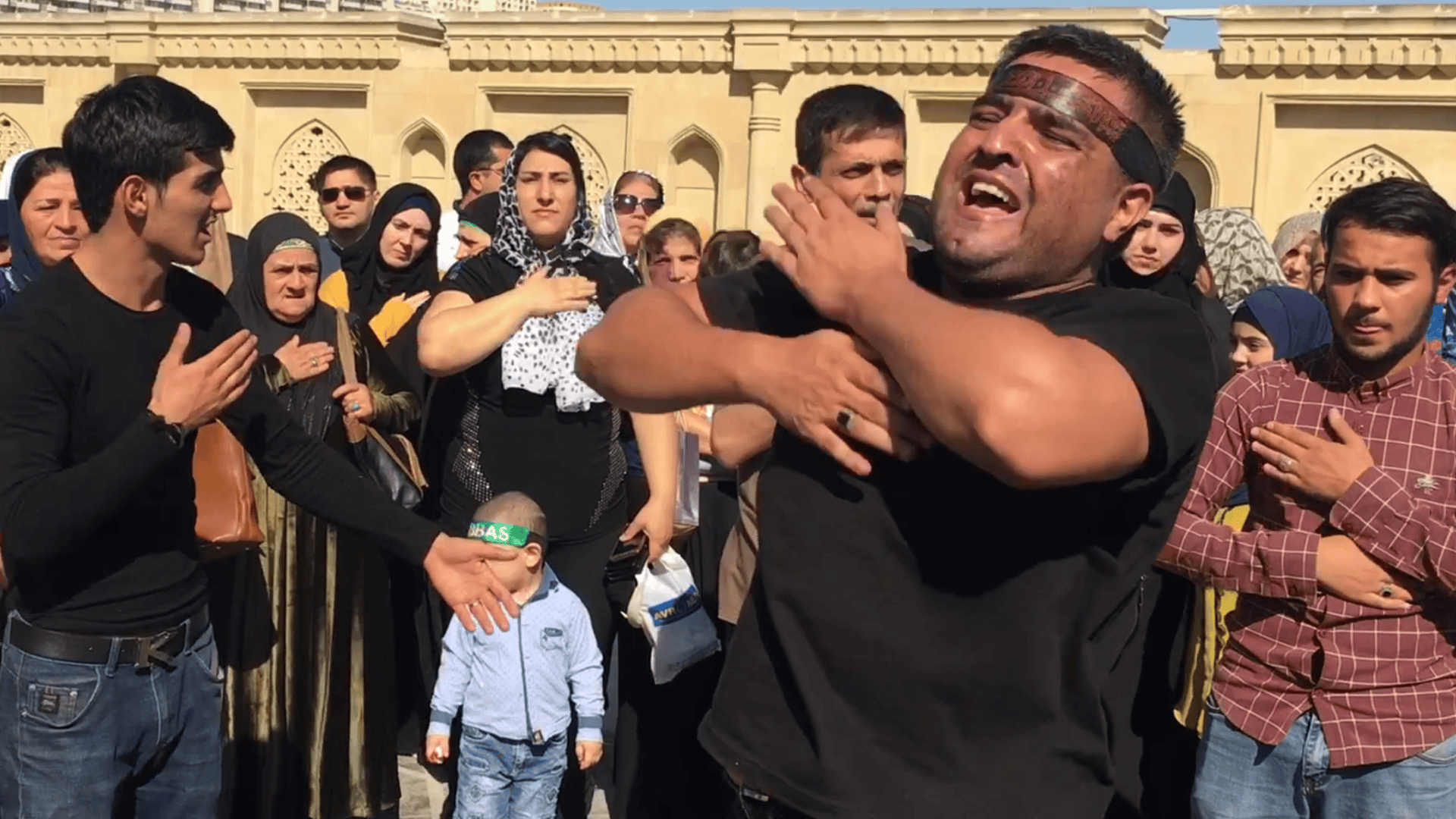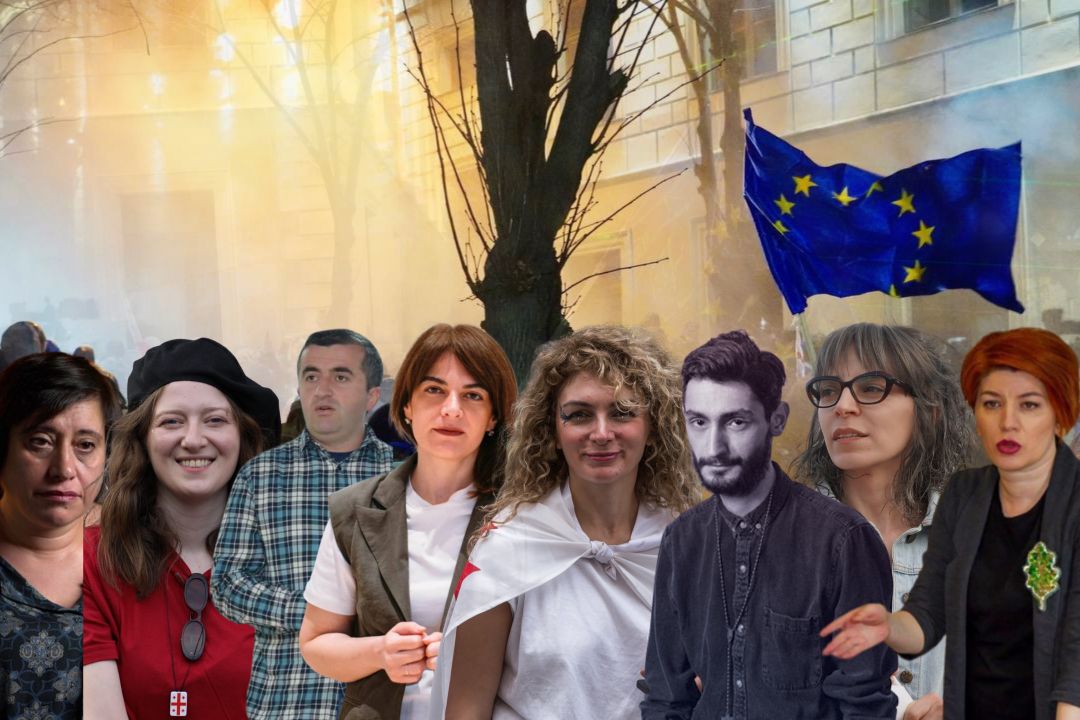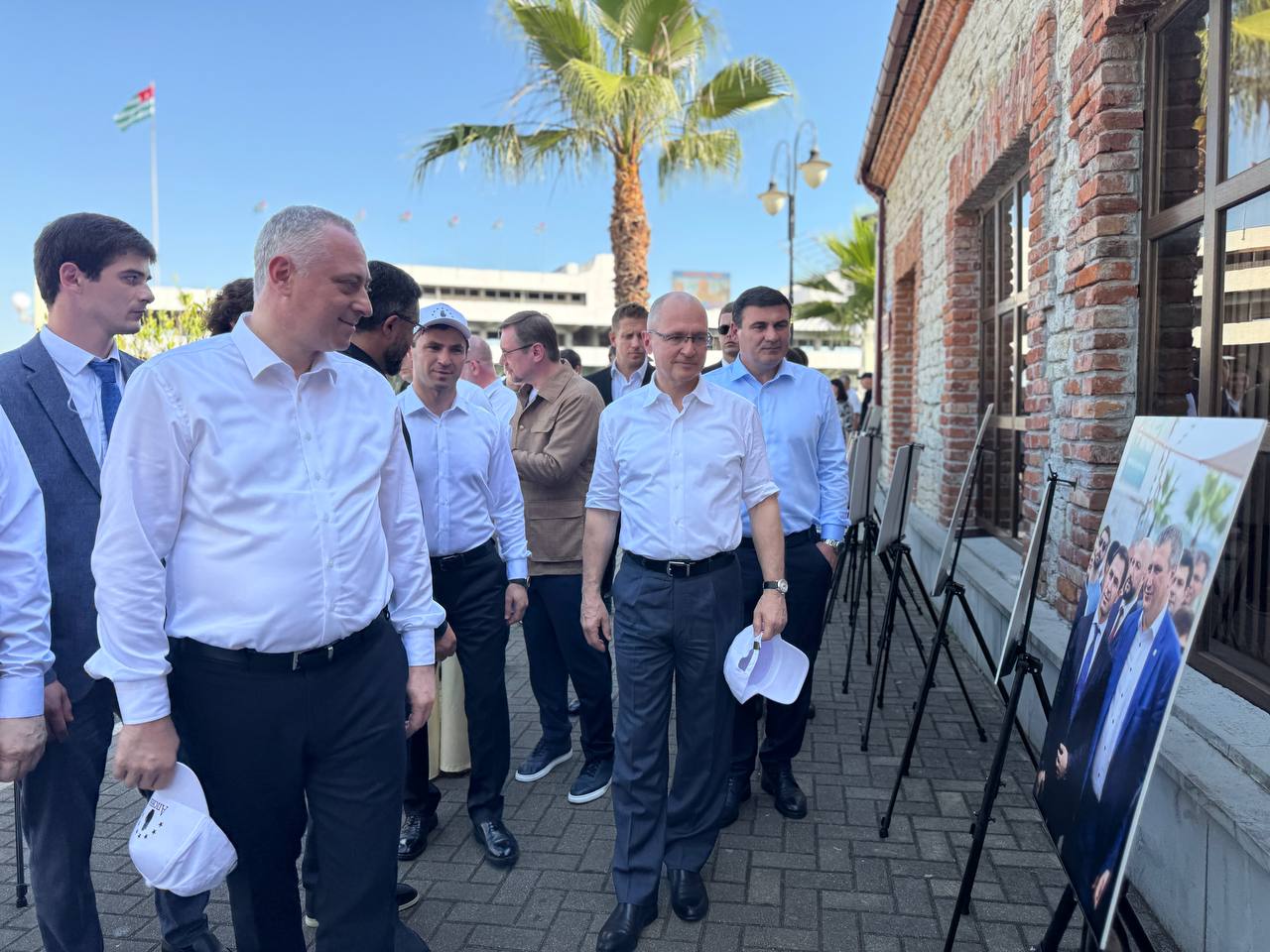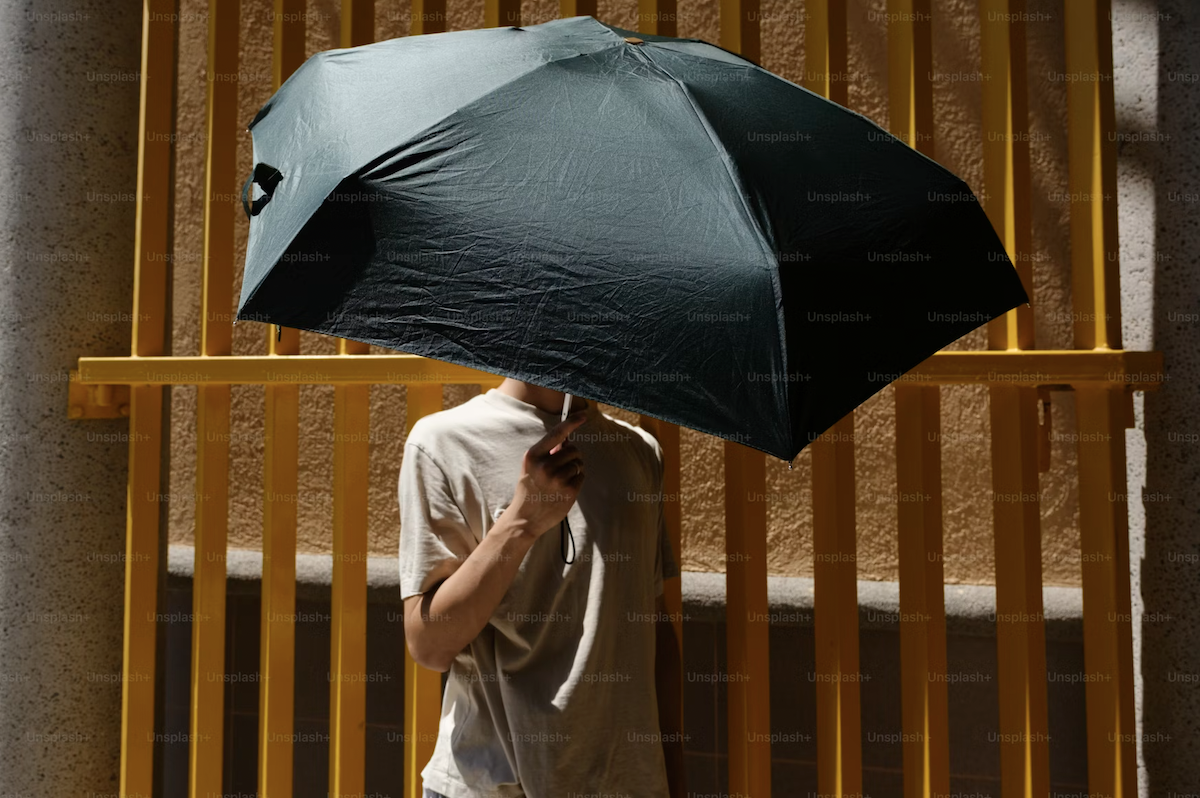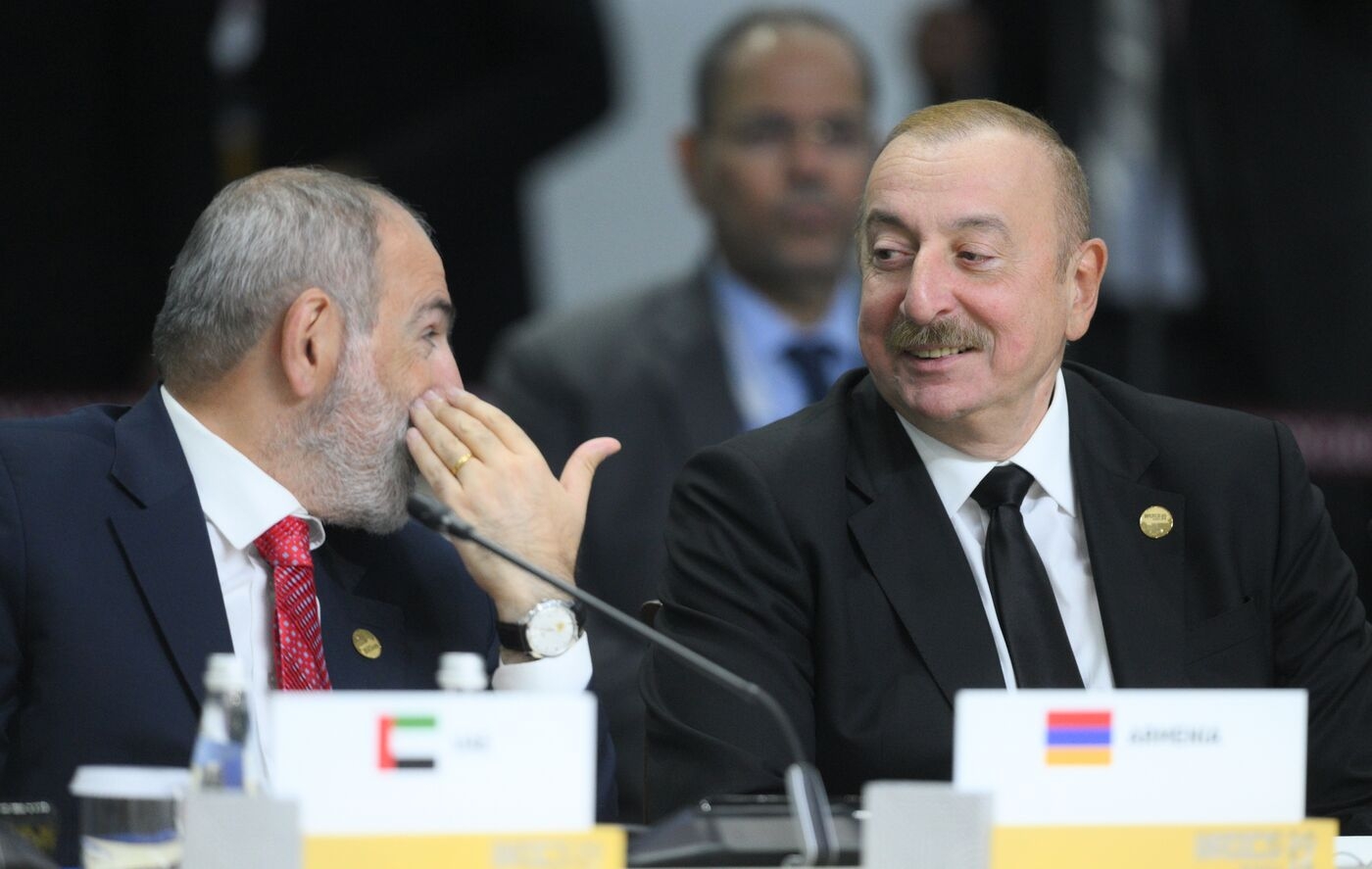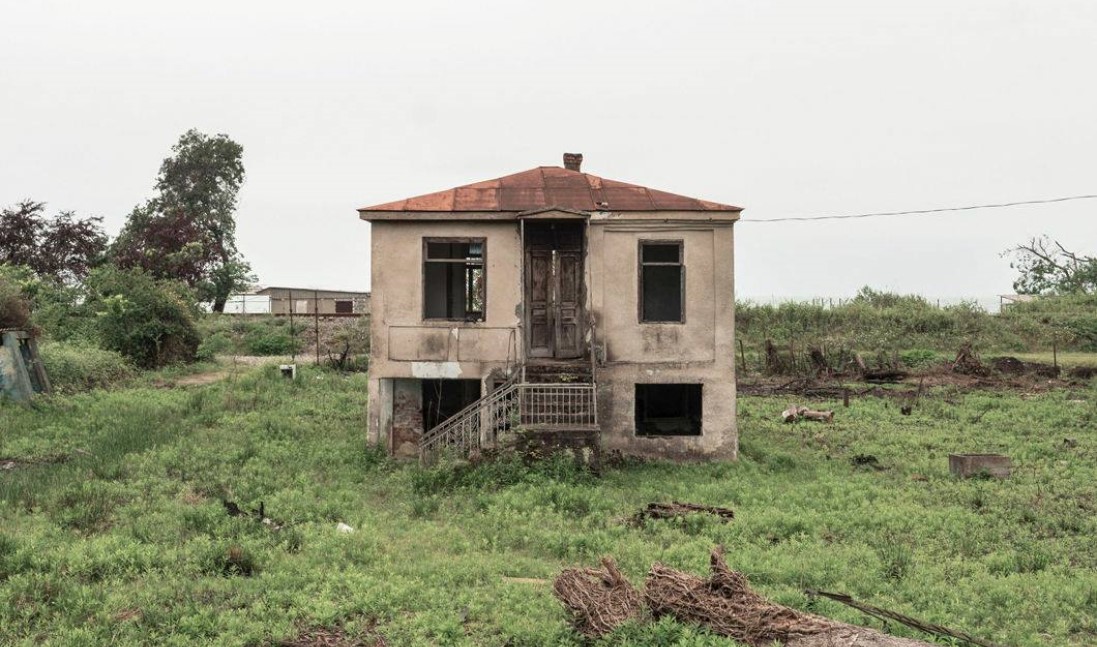Share














Most read
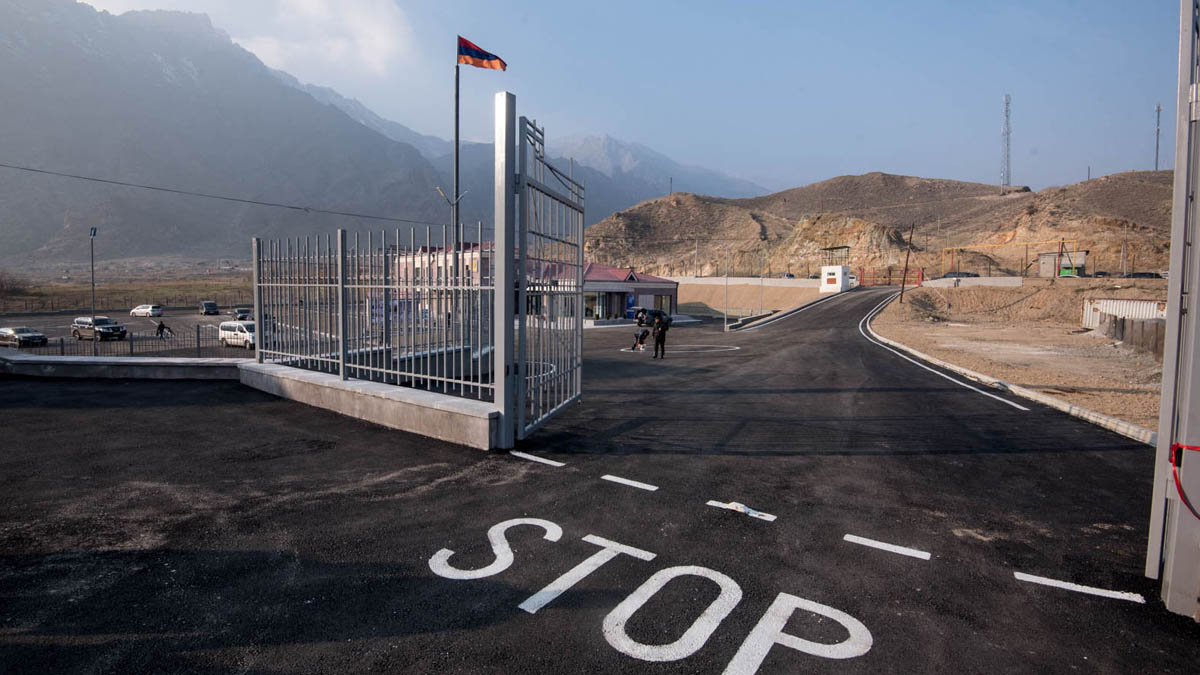
"Armenia could lose control over unblocked transport routes": Opinion from Yerevan
Meeting in Abu Dhabi: how close are Azerbaijan and Armenia to peace without Russia's involvement?
Latest news in Georgia, Armenia, Azerbaijan, summary. Live
"Nationalization of Armenia’s electric networks would collapse Russian influence": Opinion
Owner of Georgia’s large telecommunications company, Silknet, Giorgi Ramishvili, has been arrested
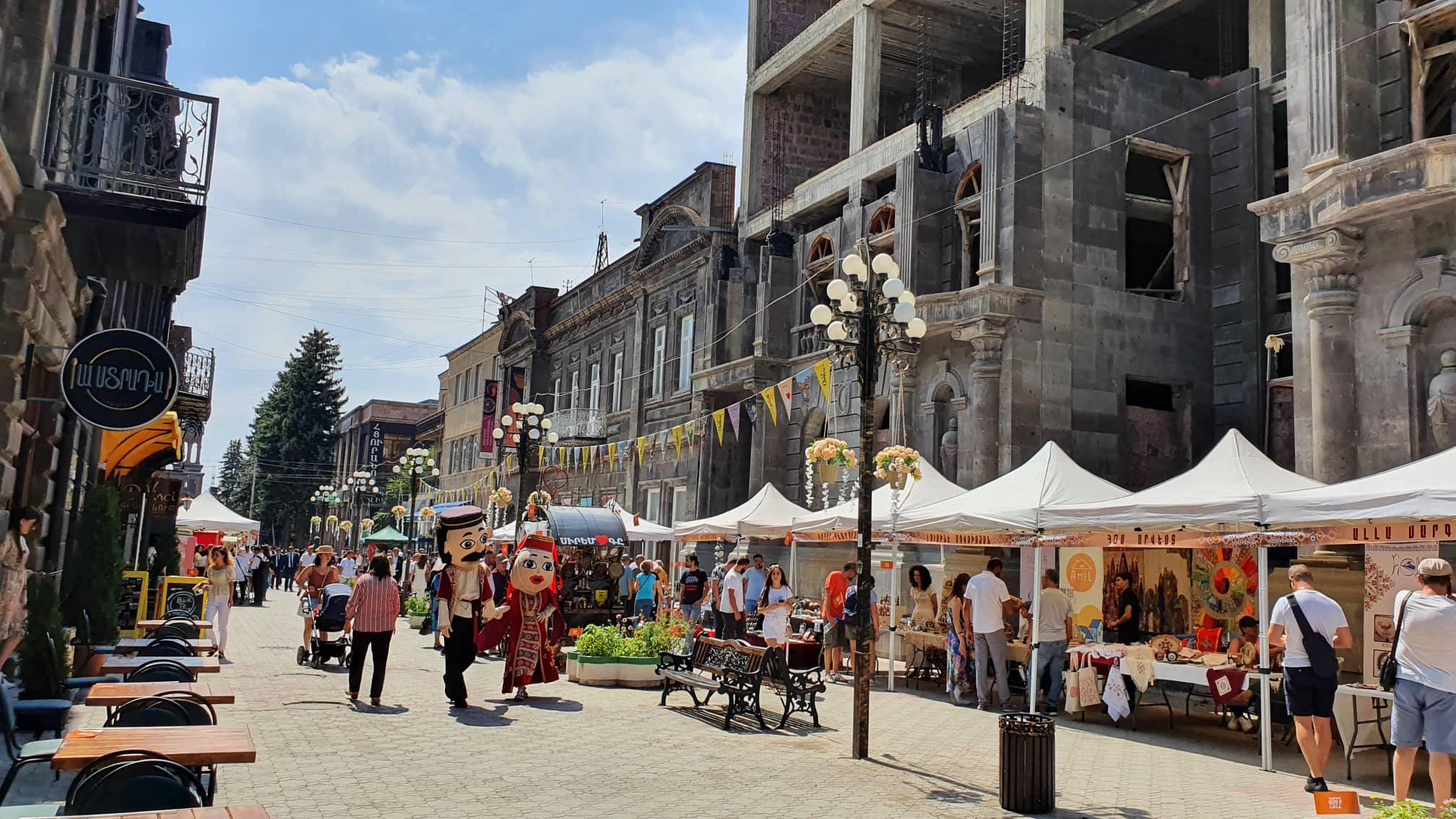
€120 million tourism boost: Armenia launches joint project with EBRD
Armenia’s battle with plastic bags: progress or plastic illusion?
Ashura in Azerbaijan: women banned from crying, children barred from entering mosques
‘Protests took a lot from us, but gave just as much’: how Georgians’ lives were reshaped by resistance
"The new Kremlin handler clearly isn’t happy with the Abkhaz authorities’ inaction" – Opinion





